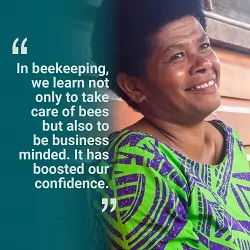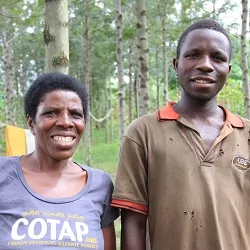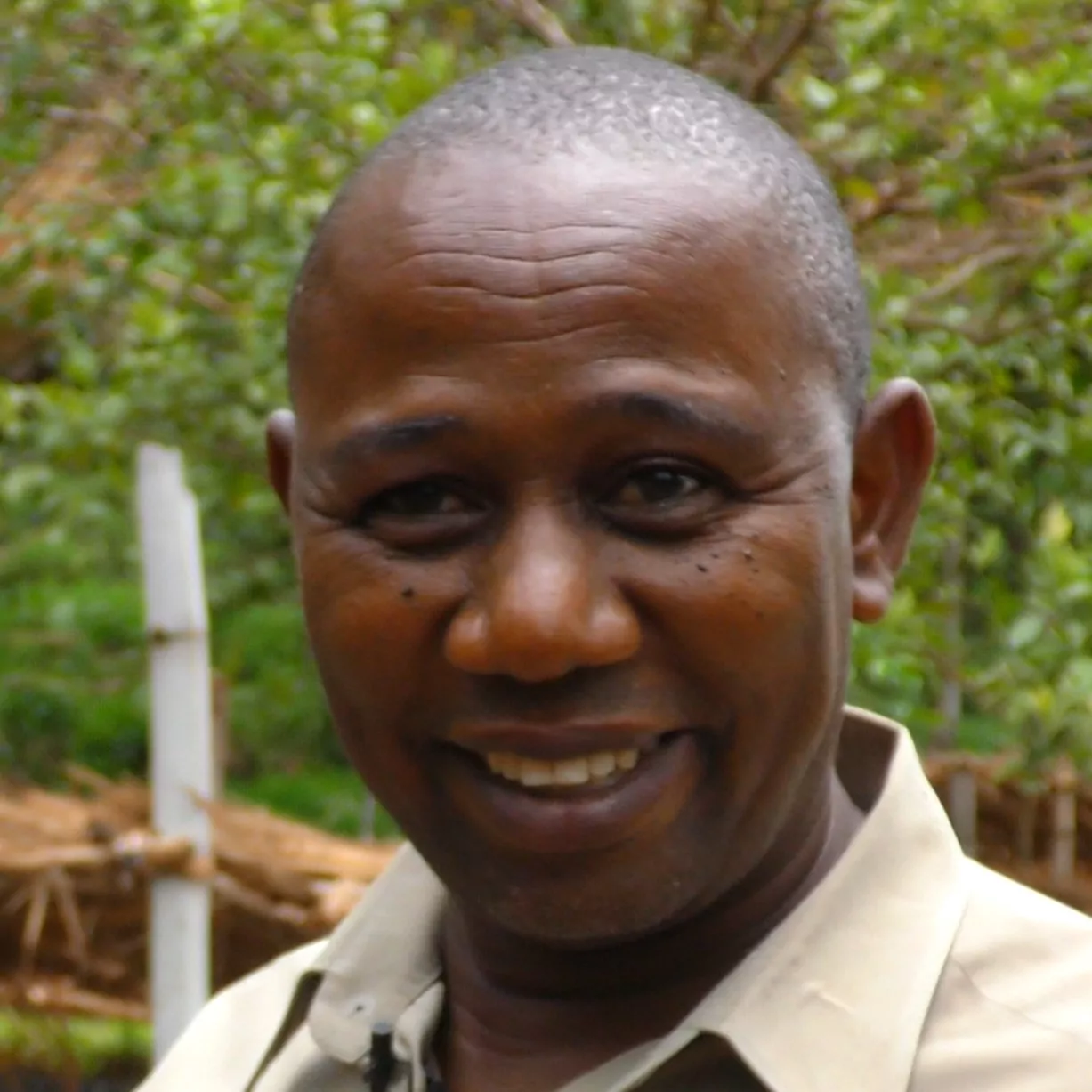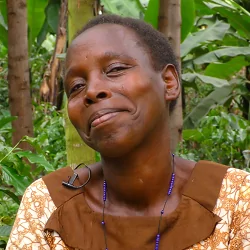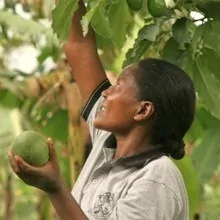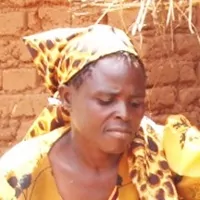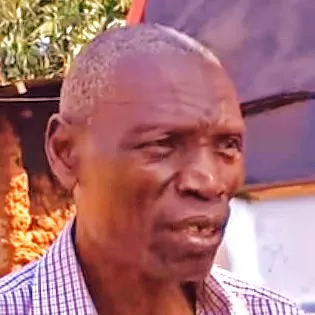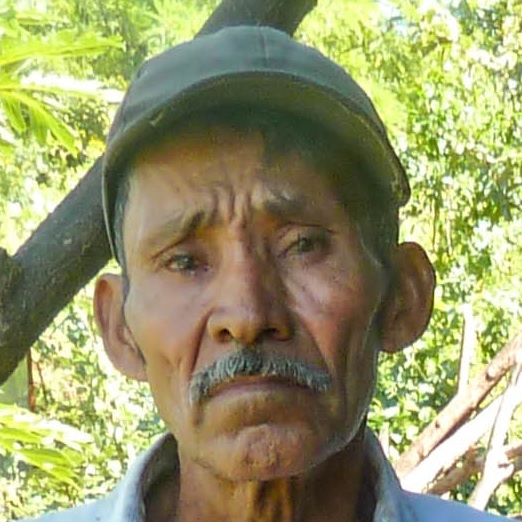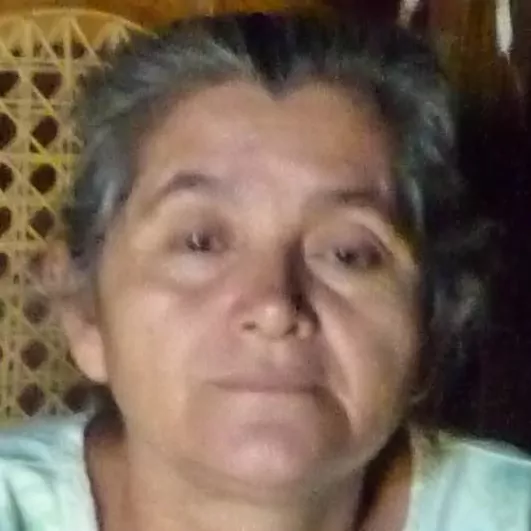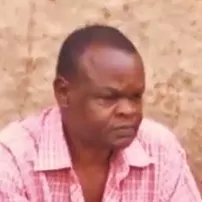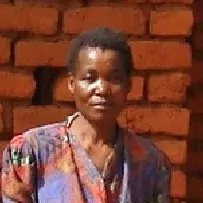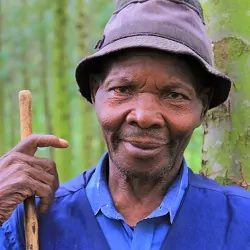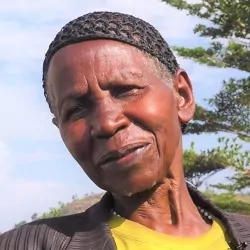What We’re Doing and How It Affects Cotappers
Effective February 4 2015, COTAP paused its allocations to Envirotrade’s project in Sofala, Mozambique until further notice. It’s important to note that this doesn’t mean that COTAP is “dropping” the Sofala project or anything draconian like that.
The Sofala project may not be able to generate credits sufficient for satisfying COTAP demand in the near term. This means that if you were offset your CO2 emissions through Sofala today, then it’s quite possible that carbon credit retirements pertaining to your transaction wouldn’t occur until well over a year from now. Credits for Sofala-related transactions occuring before today should be retired by the end of this month.
For those offsetting through all COTAP projects on or after today (2/5/15), your tonnes and funds will be allocated evenly to COTAP’s four other projects in Nicaragua, India, Malawi, and Uganda. The donation rate for both the Nicaragua and Uganda projects has been increased from $8.80 to $9.90 per tonne to maintain our average portfolio rate. As before, 90.9% of offset donations goes to projects and 100% of offsetting costs is tax-deductible for individuals in the U.S.
Factors Affecting Sofala’s Near-Term Availability of Credits
1) Crediting period. When the pioneering Sofala project was initiated in 2002, a 100-year crediting period was not unheard of for forestry carbon projects. That’s changed, and as a measure of good governance, Sofala’s crediting period was reduced to 40 years. As a result, Sofala’s projected net carbon benefit from forest protection or “REDD” which was originally 796,005 tonnes of CO2 equivalent (tCO2e) is now likely to be less than 200,000 tCO2e.
2) Rejected “No Burn” Intervention. Further, the Plan Vivo Foundation has disallowed inclusion of CO2 reductions from a project intervention called “No Burning.” The No Burning intervention counts carbon emissions avoided when farmers agree to not burn agricultural residues. This has further reduced the project’s totals, likely by another 60,000 tCO2e.
3) Other buyers. European orders for Sofala credits have continued to come in, meaning that nearly all credits to be issued upon the 2013 report’s approval by the Plan Vivo Foundation are already spoken for.
4) Planned project lifecycle. The project has always had a finite, planned lifecyle and it ceased signing new agroforestry contracts with farmers in 2009. Sofala has effectively sold out of agroforestry-related credits, and generating more would require a project expansion to more farmers. Such an expansion, in turn, would require a minimum viable size in order to cover its fixed costs. So, the project can’t just accept and fulfill a COTAP order for 2015 vintage credits on the order of a few hundred or even a few thousand tonnes right now.
In total, Sofala’s estimated overall CO2 removals have been reduced from an initial 1.1 million tCO2e to around half of that, with a finalized figure to be disclosed upon the 2013 report’s release.
Additional Issues Influencing The Decision to Pause Allocations
In addition to the above, the project has experienced a significant number of canceled and suspended farmer contracts and is due for a third-party carbon verification in 2015. There have also been gaps in monitoring results and farmer payment data, which are due in part to turnover of Envirotrade staff and which are in the process of being resolved.
It’s COTAP’s prerogative to decide where to allocate tonnes and funds when Cotappers elect “all projects,” as you often do. We could have chosen to continue to include Sofala and either hold onto the funds for them, or pre-pay them, for credits to be issued later, potentially much later. But that comes at the expense of funding for our other projects whose annual reports are on time and who have sufficient available credits. Accordingly, we’ve chosen to pause allocations to Sofala for now.
Return To This Post for Further Updates
The Sofala project has requested approval from the Plan Vivo Foundation for operational and administrative amendments. When and if such amendments are approved, the Sofala project will be able to receive issuance of additional credits beyond what is currently expected, and COTAP allocations to the project could resume shortly thereafter.
All this said, the finalized 2013 report is forthcoming, and so is the one for 2014, the project has not sold more carbon credits than it’s expected to generate, and no issued credits have been invalidated. These issues are resolveable, and so we sincerely look forward to resuming our financial support of this project.
This post is to be updated with further details. Last updated 2/26/15.


